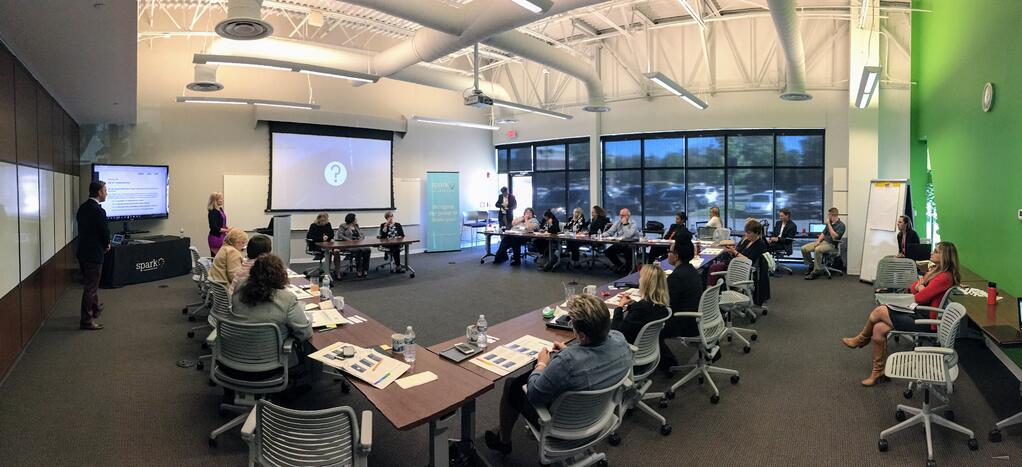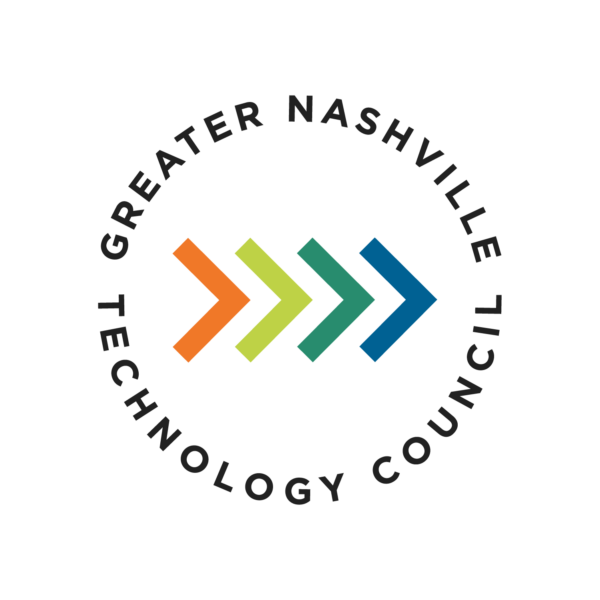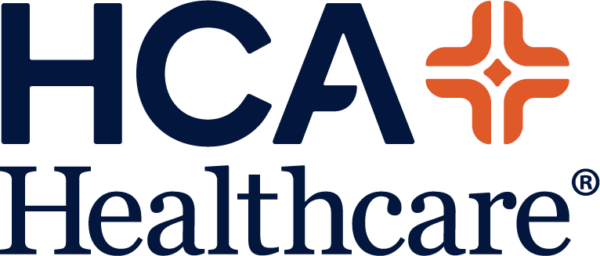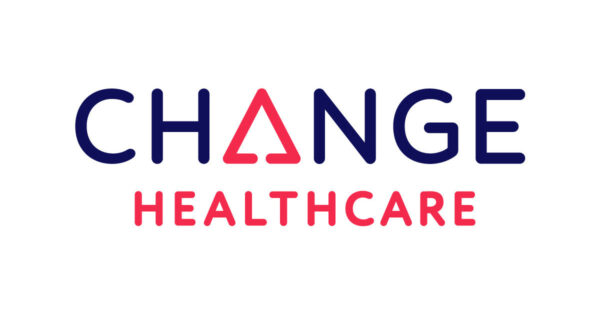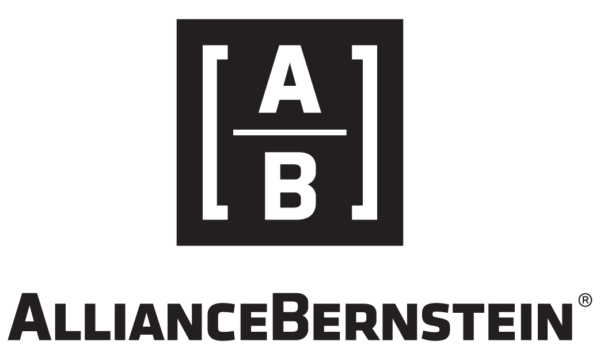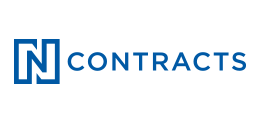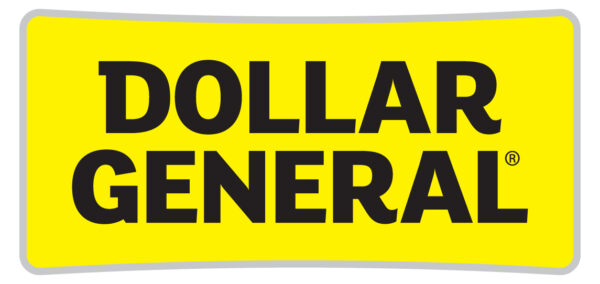“There has got to be a better way to do this”
Recognizing the inefficiencies in hospital reimbursement claims, XSOLIS turned to artificial intelligence
By Jamie McGee
Dr. Heather Bassett, an internal medicine hospitalist in Nashville, was spending more time on administrative work and less time with patients. The tasks and conversations related to billing were hardly what prompted medical school applications, yet they were important to the bottom line.
“I personally would get exceedingly frustrated,” Bassett said.
When she was offered a position to help address administrative inefficiencies within health care at local startup XSOLIS in 2013, she took the chief medical job. Now the company’s artificial intelligence platform is helping 250 hospitals nationwide boost revenue by reducing time spent on reimbursement approval and the number of claim denials.
“We really flipped the model on its head,” Bassett said.
XSOLIS CEO Joan Butters formed the company along with Jim Sohr, founder of AIM Healthcare Services (now Optum). Operating out of Grassmere Park with 200 employees, XSOLIS has processed more than 110 million patient encounters and doubled revenue in 2020. The company has also partnered with a national payer, helping to bridge the gap between payers and providers.
As XSOLIS enters its ninth year, the team is exploring additional ways to use the company’s immense clinical data collection to address other administrative headaches issues within health care.
“It’s really about how do you start to leverage the data in other areas that solve similar problems and address similar clunkiness,” Butters said. “There are lots more administrative challenges to tackle.”
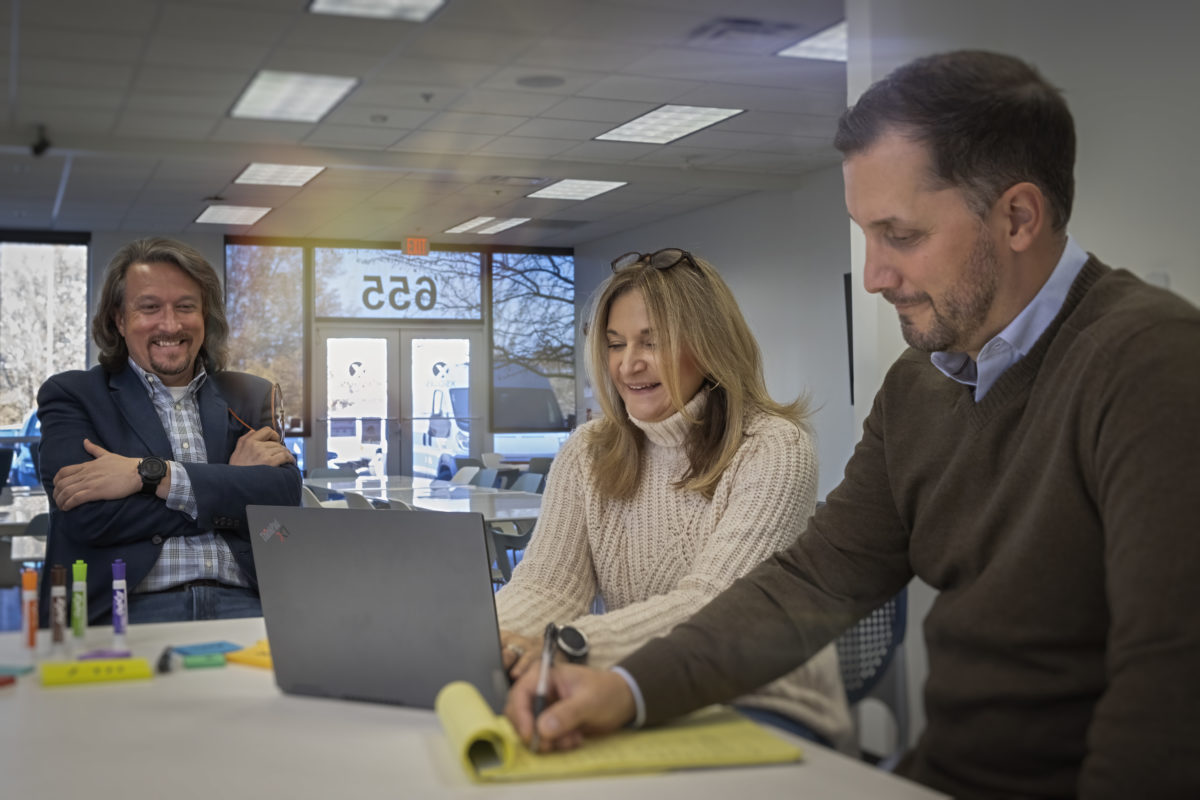
Growing a business
Butters and Bassett volley back and forth describing the health tech company’s growth and the problems they are solving surrounding hospital payment. It’s clear they have shared their story and pitch countless times. In the company’s earlier years, they were on the road “much more than we probably ever want to be ever again,” Butters said. They met with numerous hospital teams, explaining how XSOLIS could help reduce costs.
Now, the sales discussions are easier. Once providers saw real returns from the XSOLIS platform, customer acquisition took off.
“That was the domino effect,” Butters said. “It’s one thing to sit across the table from a prospect and them saying ‘Yes, it makes perfect sense, we have been thinking about how do you do this. You’ve identified the problem accurately, you’ve identified the solution accurately, but you are a small company out of Nashville, Tenn. I need proof.’ As soon as we started to get that proof, it opened up so many doors of opportunity for us.”
Butters, an Illinois native who lives in Franklin, previously led the data mining division for AIM Healthcare. She joined AIM in 1996 as their 20th hire, she said, and she fell in love with building a company. By 2009, she was eager to build again.
“I really enjoy working in an environment where you are working from the ground up and building something,” she said.
Bassett was at a friend’s wedding in Santa Fe, when Sohr approached her and told her about XSOLIS. (“He doesn’t know how to not talk about the business,” Butters says of her co-founder.) Bassett was working at TriStar Centennial Medical Center in Nashville at the time and Sohr was looking for a physician to join the team.
While the founders planned initially to focus on government audits related to hospital care, inefficiencies surrounding reimbursements from Medicare and private payers emerged early on as the critical problem for XSOLIS to focus on.
“I am a pretty impatient person,” Butters said. “I’m like, there has got to be a better way to do this.”
Depending on a patient’s condition when they arrive at a hospital, they may only need a short stay, or they may need inpatient care for a longer period. Typically, a utilization management nurse or physician manually pulls several data points from the patient’s health records to justify a lengthier stay when filing for reimbursement from a payer. If the claim does not match a payer’s criteria for inpatient care, it could be denied or lead to audits, both costing the hospital. The process was time-consuming and prone for mistakes, Bassett said.
“There are so many clinical data points you have to keep track of,” Bassett said. “It’s actually an incredibly complicated process.”
XSOLIS team members recognized that all the information needed to make the care level decisions was available in the medical records. They could use artificial intelligence and algorithms to do the same work as hospital staff, but more accurately and in real time. It would free up providers to spend more time with patients and better align the hospital with payers on claim approval.
“There was tremendous opportunity to prevent denials using data and, ultimately, using artificial intelligence and machine-learning models,” Bassett said. “We recognized that that space, particularly utilization management, had been largely ignored by technology.”
XSOLIS’ platform generates a score that helps drive decisions on care level while the patient is still in the hospital, rather than defending decisions after the care is provided.
“It’s much easier to get the dollar right at the front end than to chase the dollar on the back end,” Butters said.
Payers and providers, typically at odds with one another because of the structure of their financial arrangement, can both turn to the same XSOLIS platform and use the same data for decisions, replacing what Butters describes as a typical, “he said, she said situation.”
“The payers and providers were very eager,” Butters said. “They both wanted to solve the problem.”
Covid-19 has only underscored the need for greater efficiency in health care. Months into the pandemic, many hospitals and clinics paused elective procedures and faced greater pressure on already strained revenue cycles.
“Covid really showed how fragile healthcare is,” Bassett said. “That exposure just affirmed what we are doing, in that you just have to find better ways to do things. Data and sophisticated tech, AI, all that good stuff, is really what is going to move the needle in that direction.”
For Butters, who describes herself as a problem solver, the possibilities of XSOLIS’ technology and data are a driving force for the company’s next chapter. She looks for other problem solvers when hiring and says she encourages team members to find new customer problems to address.
“The thing that excites me the most is identifying new areas of opportunities, believing in the art of the possible,” she said.
